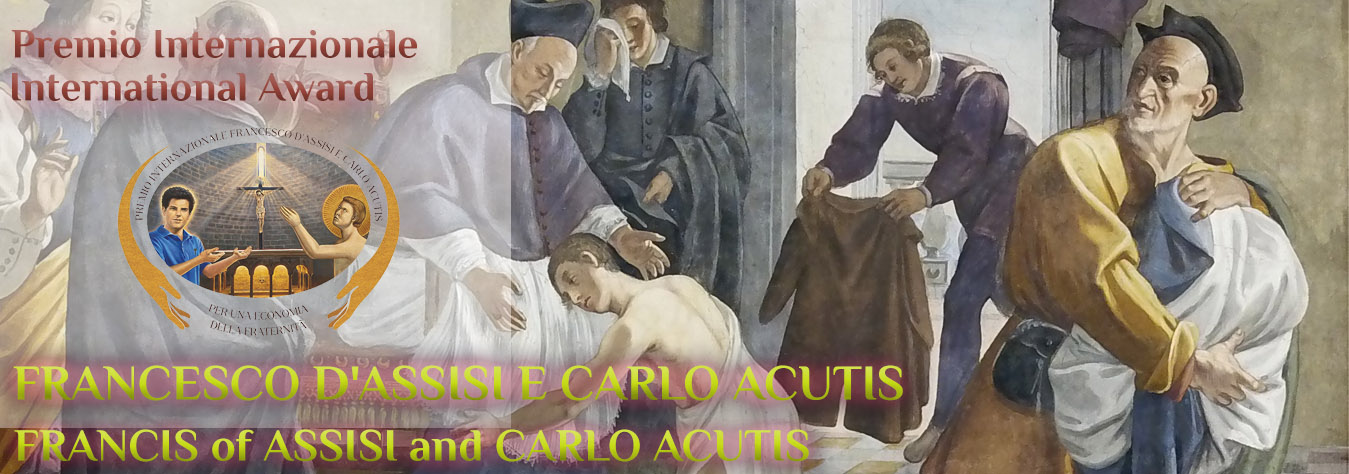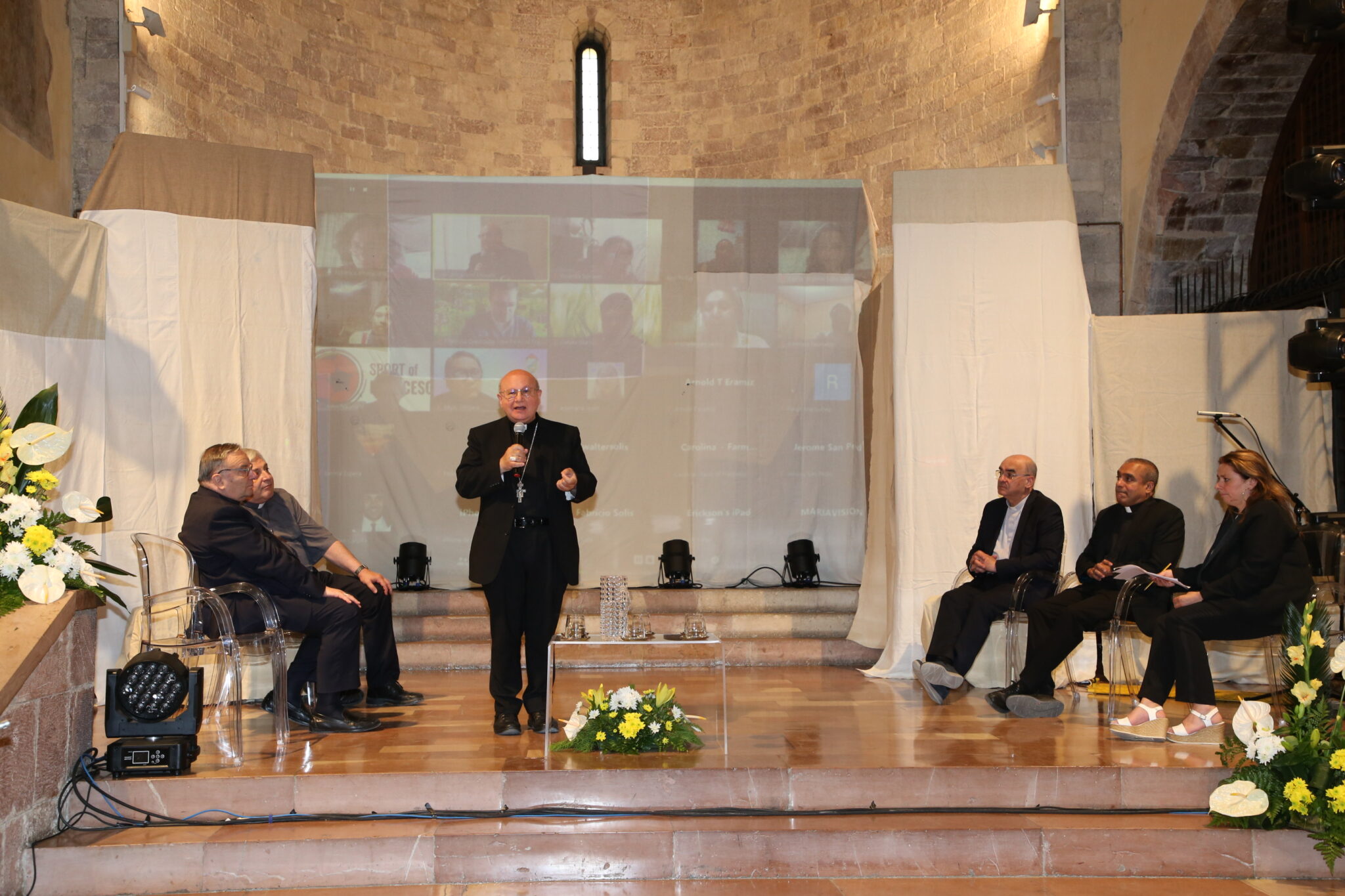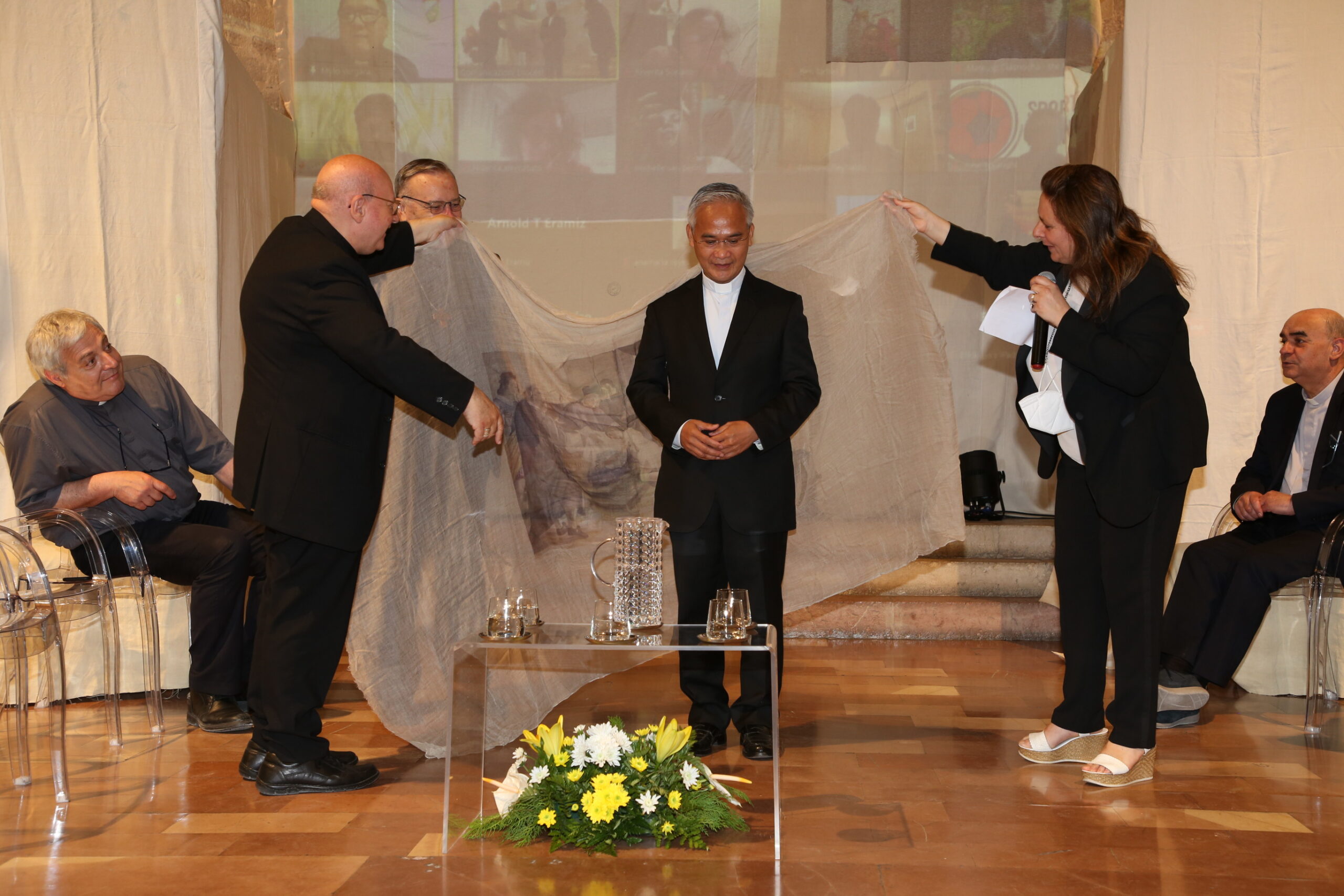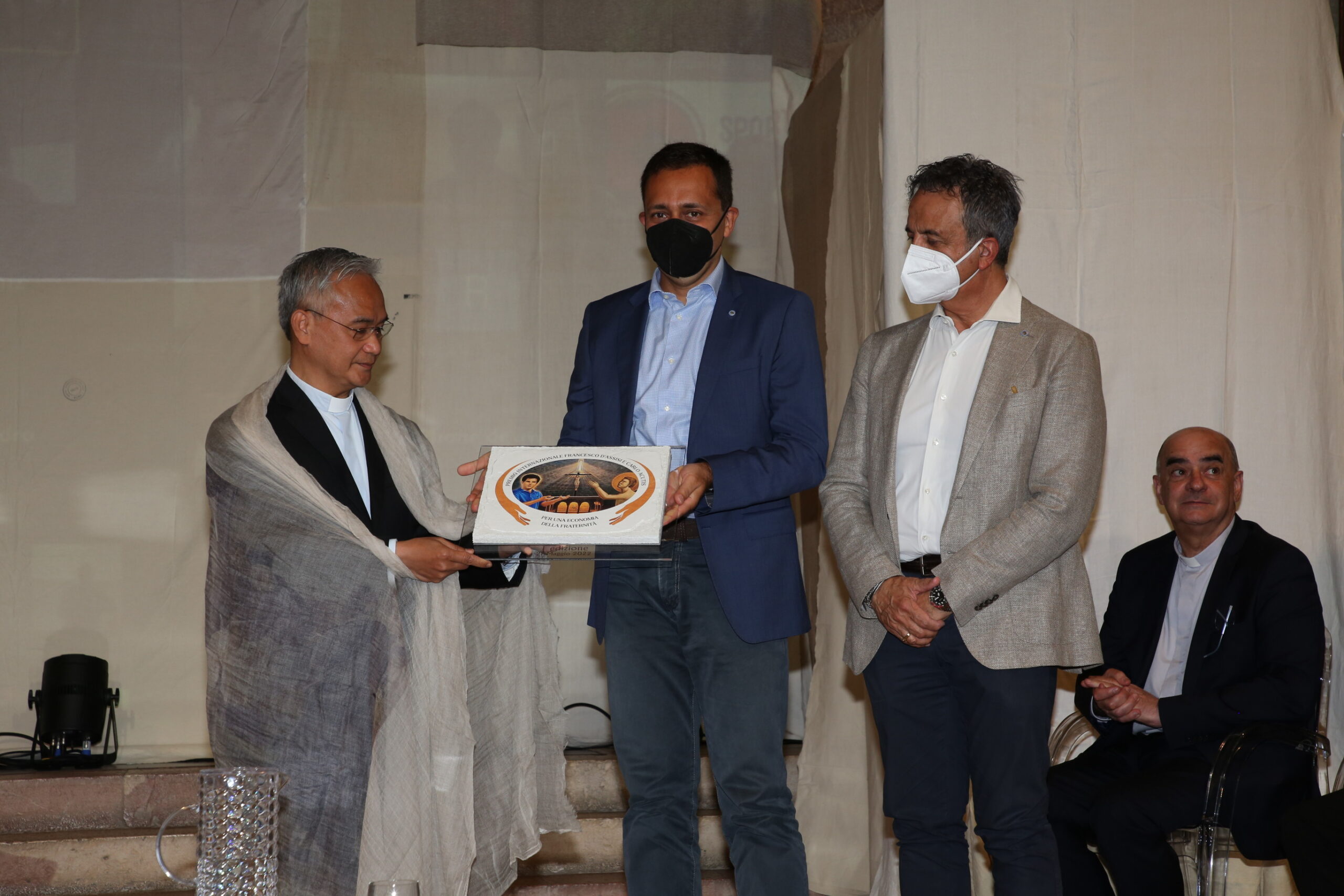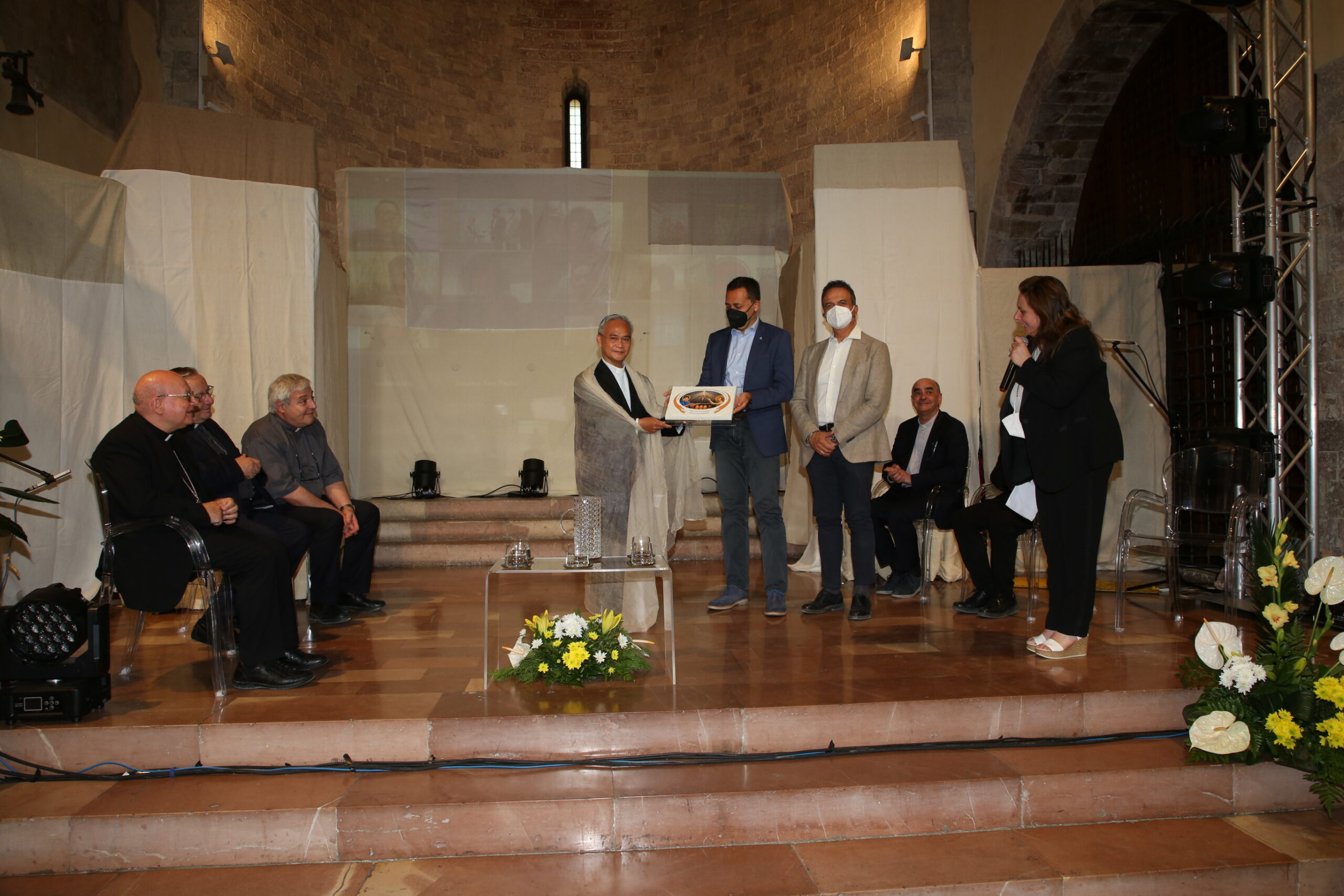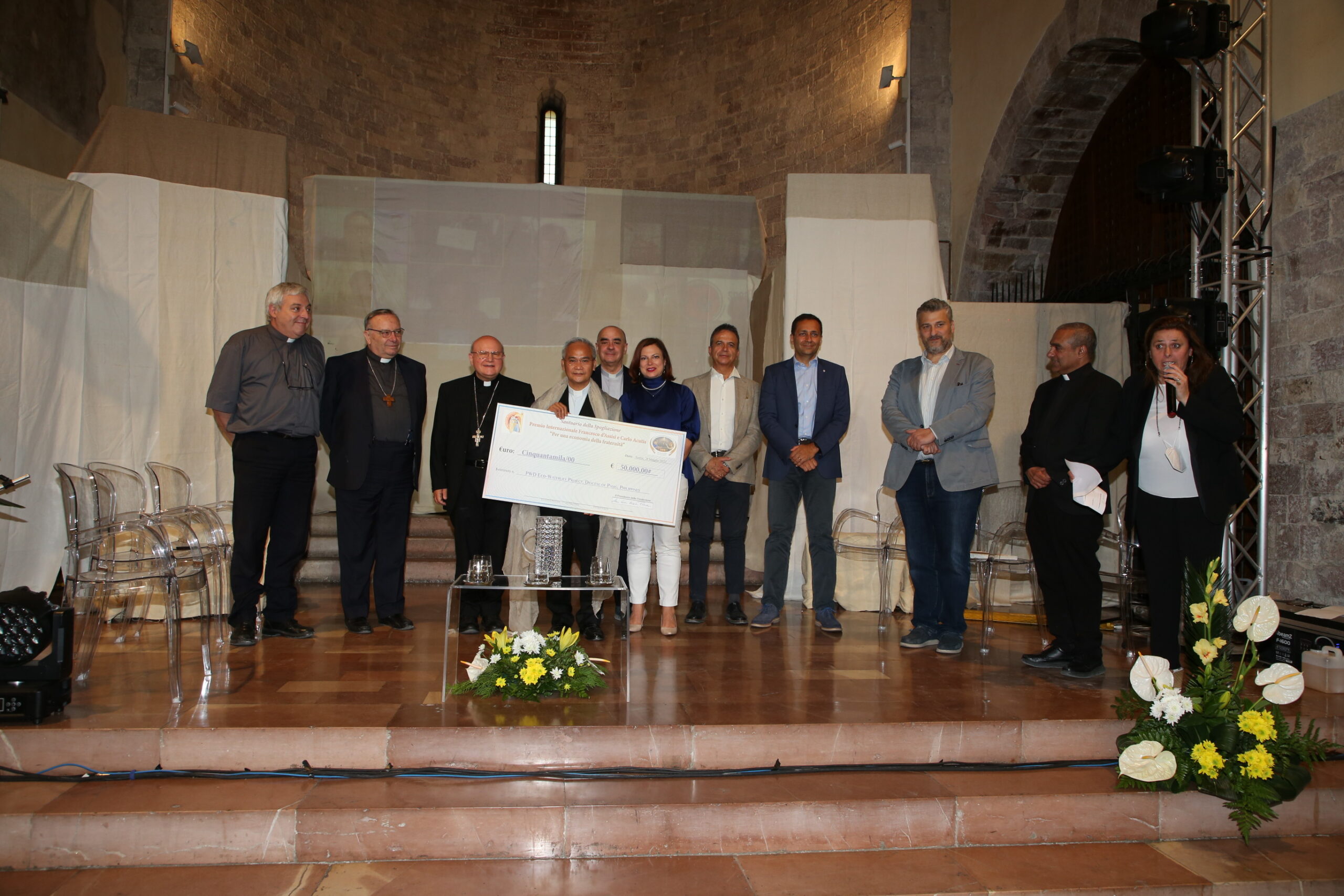According to the Statute, the Prize is instituted to “promote a renewal of the economy in the name of the universal fraternity of all human beings.” The Diocese of Assisi-Nocera Umbra-Gualdo Tadino wishes to make its contribution to the renewal of the economy that Pope Francis desires through “change-makers” (promoters of change), committed to practicing a different economy. Or, to use the words of the Pontiff, an economy “that helps people live and does not kill, that includes and does not exclude, that humanizes rather than dehumanizes, that takes care of creation and does not plunder it.”
Award Recipient (Euro 50,000.00):
A group of 15 persons with disabilities from the Diocese of Pasig, Philippines (Metropolitan Manila), unemployed and very poor, with the help of the local parish, accepted the invitation of the city: using waste, scraps, and, above all, water lilies, to produce – through a revolutionary technology – charcoal briquettes. The uncontrollable growth of water lilies has long been ruining the city’s rivers and other drainage systems. Now they become an energy source with fewer health risks, less pollution, and without the need to cut down thousands of trees to produce coal.This is a true “economy of fraternity”: with the collaboration of the local parish and the Diocese of Pasig, persons with disabilities, who would normally be excluded, abandoned on the streets and without work, are inserted into society and the Church through professional training and Christian formation. They find dignified work with other brothers and sisters to live a normal life with regular sustenance.
Recognition (Euro 15,000.00): Farm of Francesco (Nigeria)
The project is the result of a village of the “Economy of Francesco” (Agriculture & Justice Village). Precisely to combat the desertification of the soil, this project seeks methods that allow the land to be cultivated in a sustainable way, without making it sterile. Since most farmers are unfamiliar with such methodologies, the Farm of Francesco aims to create environments in which producers can learn these practices. Nigeria is one of the two countries chosen for a “demo” farm (the other is Brazil), involving a group of young people. There, through them, regenerative agriculture is applied and, at the same time, this practice is taught to other small farmers.
Il video del progetto vincitore
Il video di "Farm of Francesco"
